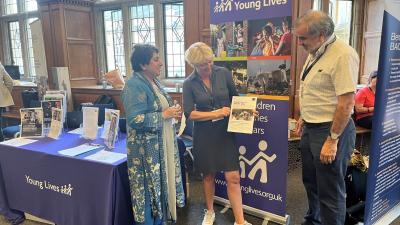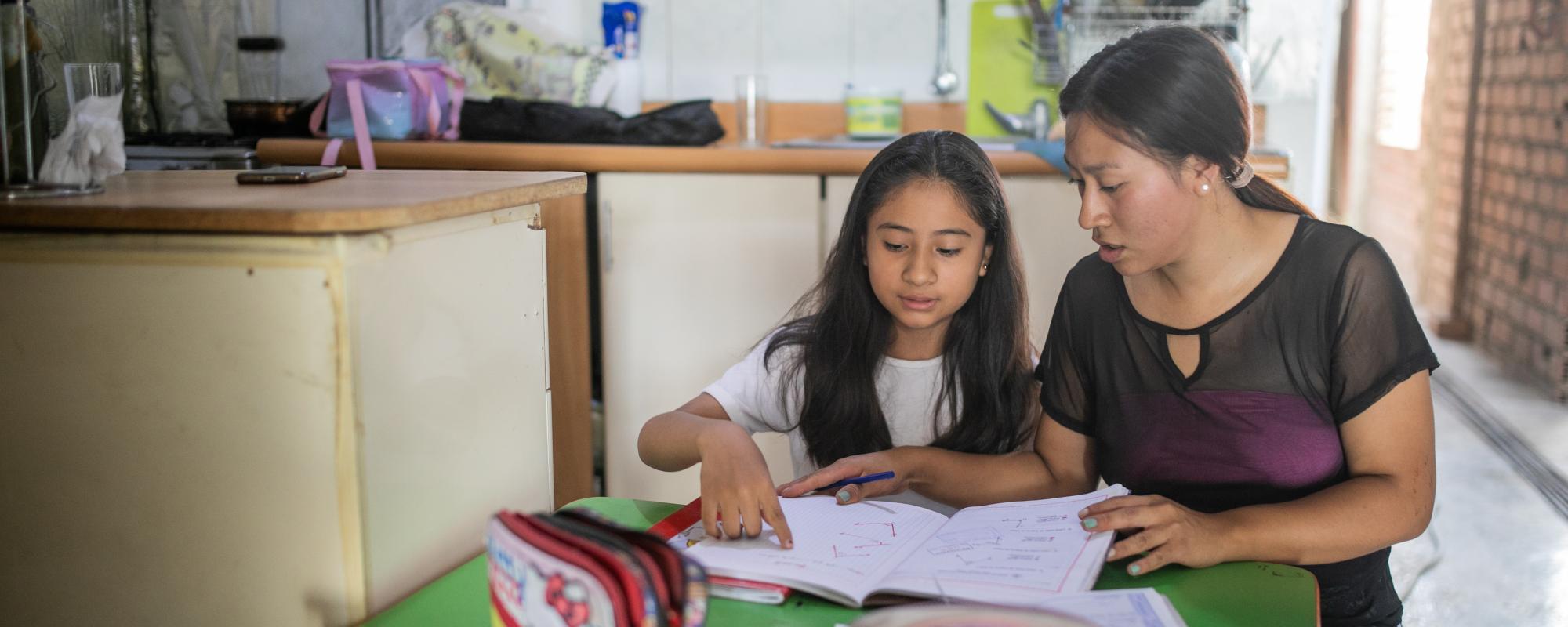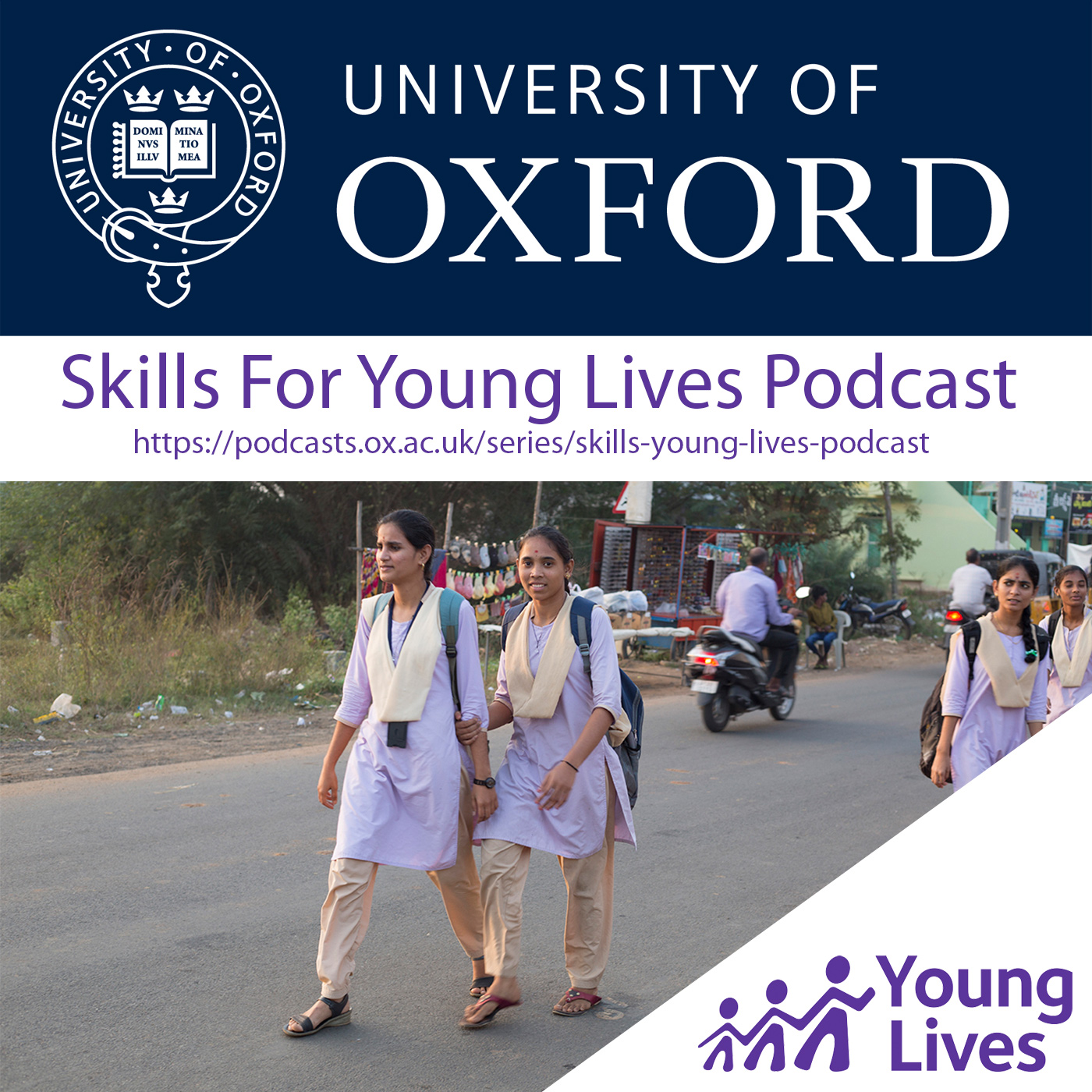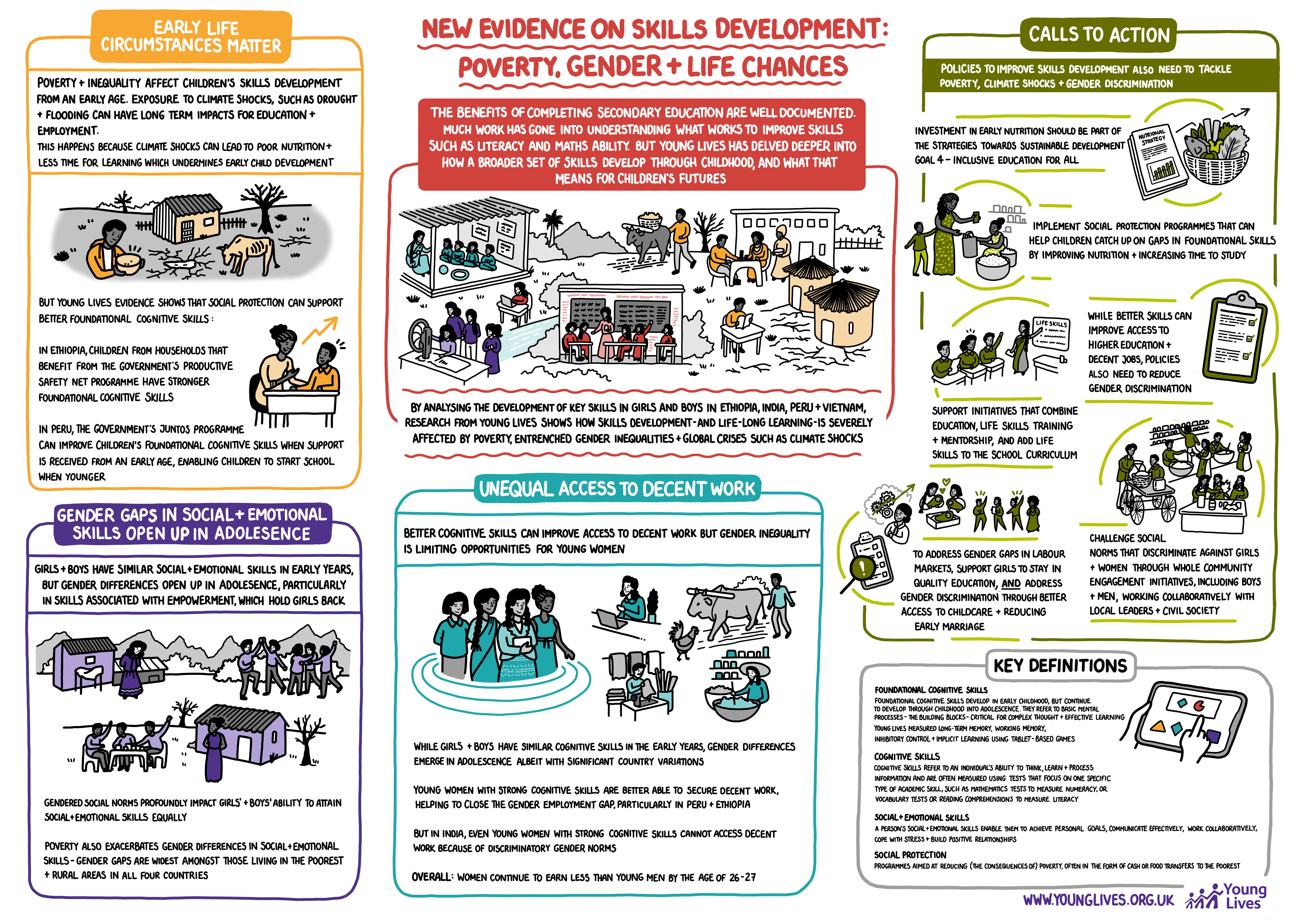This is a programme of research and policy engagement focusing on gender, education and skills amongst children and young people in India, Ethiopia, Peru and Vietnam. It's aim has been to improve the understanding of what contributes to girls' success in education and beyond.
Using the Young Lives' longitudinal data set and primary fieldwork, the programme has investigated the gendered relationship between schooling, skills development and academic outcomes to better understand girls' education journeys, and how that connects to their wider empowerment.
Research findings have been published in Journals, Working Paper series and Young Lives reports and disseminated widely to inform policy in the study countries. Click the Publications tab below for a full list.
The programme has featured 3 phases.
Phase 1 (October 2018 - March 2020): Gender difference in school effectiveness
The research team used Young Lives' household and school surveys data to answer three questions:
- To what extent does gender predict differences in education attainment and transferable skills?
- To what extent does school effectiveness differentially benefit boys and girls? How does this vary between and within Young Lives countries?
- How do psychosocial, cognitive and transferable skills support one another? Does this differ for girls and boys?
Publication
- Does School Effectiveness differentially benefit boys and girls? Evidence from Ethiopia, India and Vietnam.
Phase 2 (May 2020 - October 2020): Schools during the COVID-19 pandemic
During the pandemic, the research team pivoted to conduct a phone survey of schools in India and Ethiopia to understand what teaching and learning was taking place during school closures. The data collected were matched with data collected from the same schools in 2016/17. Headline Reports and a Policy Brief were published with research findings and policy recommendations
Publications
- Interrupted Education in Ethiopia: Support for Students During Covid-19 School Closures
- Interrupted Education in India (Andhra Pradesh and Telangana): Support for Students During the Covid-19 School Shutdown.
- Are Schools in India ready to support students during Covid-19?
The data for the Young Lives: Head Teacher Telephone Survey, Ethiopia and India, 2020 is available through the UK Data service here.
More information on the 2016/17 school surveys is available here
Phase 3 (February 2022 - December 2023): Gender inequalities in socioemotional skills and mindsets through the life course.
In this phase, the programme provided insights into the relationships between households, schooling, skills development, and academic outcomes to support decision making to advance the empowerment of girls. This included analysis of data from the Young Lives Covid-19 Phone Survey. A series of publications explored the role of gender and intersecting inequalities in shaping skills and education experiences in the face of global crises, and recommendations for policy makers.
Publications
Research Reports and Working Papers
- Exploring Factors Affecting Gender Inequality in the Completion of Higher Education in India
- Gender Differences in Socioemotional Skills Among Adolescents and Young Adults in Ethiopia, India, Peru and Vietnam.
- Does Human Capital Influence the Gender Gap in Earnings? Evidence from Four Developing Countries.
Policy Briefs
- Empowering Young Women to Complete Higher Education in India: New Evidence from Young Lives
- Support Soft Skills in Hard Times: Gender Inequalities in Social and Emotional Skills are Holding Adolescent Girls Back
- Closing the Gender Employment Gap to Help Achieve SDG8: Better Skills Can Improve Access to Decent Work, but Gender Inequality is Holding Young Women Back.
Disseminating research findings and policy recommendations
Illustration and Podcast
The research findings and policy recommendations from the third phase of the project were distilled and summarised in a illustrative summary and featured in a 'Skills for Young Lives' podcast. For more, click the Multimedia button below.
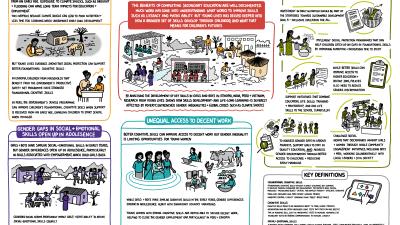
UKFIET 2023
In September 2023, Young Lives delivered a very successful symposium on ‘Global Crises, Inequality and Skills’ at the 2023 UKFIET conference in Oxford. The diverse panel of speakers explored the impact of global crises and intersecting inequalities on children’s gendered skills development and life-long learning. In addition to a stall throughout the conference, we created and launched a new Young Lives photography exhibition, displayed in the event reception area.
